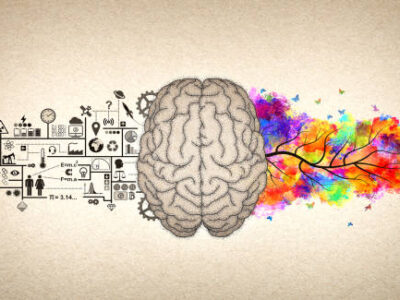Alzheimer’s disease support is important for individuals and families affected by this progressive condition. Alzheimer’s is a neurodegenerative disorder that primarily impacts older adults, lead to memory loss, cognitive decline, and behavioral changes. It is the most common cause of dementia worldwide and significantly affects the quality of life. Understanding its causes, symptoms, and available treatment options can empower families and caregivers to provide better support. This article explores the nature of Alzheimer’s disease, its symptoms, impacts, and the role of therapeutic interventions, including counselling, in managing this challenging condition.
Symptoms of Alzheimer’s Disease
Alzheimer’s disease typically begins with mild symptoms that gradually worsen over time. In its early stages, individuals may experience forgetfulness, difficulty concentrating, and challenges with problem-solving. These subtle signs often go unnoticed but can interfere with daily tasks and decision-making.
As the disease progresses, more severe symptoms emerge, including significant memory loss, confusion about time and place, and difficulties recognizing familiar people or objects. Behavioral changes such as mood swings, agitation, and withdrawal from social activities also become evident. These symptoms not only affect the individual but also place a considerable burden on caregivers.
In advanced stages, Alzheimer’s disease results in a total loss of independence. Individuals may lose the ability to communicate, perform basic self-care tasks, or respond to their environment. This progression underscores the importance of timely interventions and comprehensive support systems.
How Alzheimer’s Disease Affects Life
The impact of Alzheimer’s disease on an individual’s life is profound. It erodes a person’s ability to remember, think, and function independently, and lead to increased dependency on caregivers. Beyond cognitive decline, the emotional toll is equally significant, with feelings of frustration, anxiety, and depression is common. Relationships often strain under the weight of caregiving responsibilities, and the person with Alzheimer’s may struggle with a sense of isolation and loss of identity. Over time, even simple daily routines become challenging, emphasize the need for consistent and compassionate care.
How Counselling and Psychotherapy Can Help
Counselling and psychotherapy play a important role in Alzheimer’s disease support. These interventions help individuals cope with emotional challenges, improve communication, and manage behavioral symptoms. For caregivers, therapy provides strategies to handle stress, build resilience, and enhance caregiving skills. Group therapy sessions offer a platform for sharing experiences and learning from others facing similar challenges also helps the individual suffering with this disease. By addressing both emotional and practical concerns, counselling fosters a supportive environment for managing Alzheimer’s disease effectively.
Live Again India Mental Wellness: You Are Not Alone
At Live Again India, we understand the complexities of Alzheimer’s disease and the importance of comprehensive support. Our mental wellness programs are designed to empower individuals and caregivers through education, counselling, and community support. You don’t have to face this journey alone. Visit www.liveagainindia.com to explore resources and find the support you need.
If you are experiencing any mental health issue, or know someone, who is suffering. Seek Professional Help and talk to your mental health expert. Your mental health care is our priority. Your life is precious; take care of yourself and family. You are not alone. We are standing by you. Life is beautiful. Live it fully. Say yes to life. Welcome to life.
Live Again India Mental Wellness
L@A



